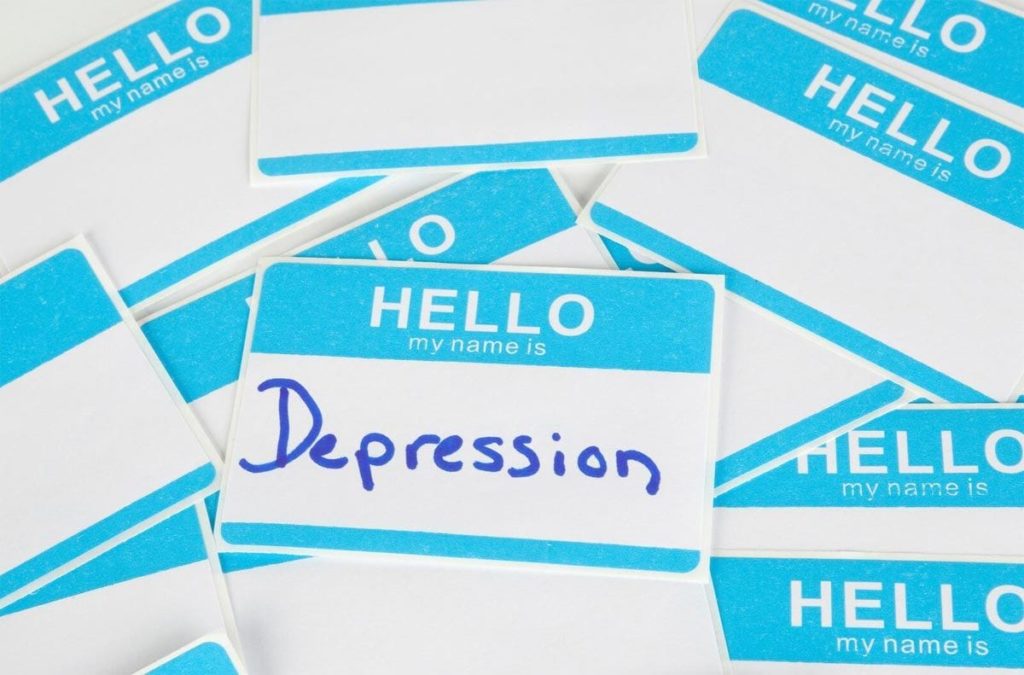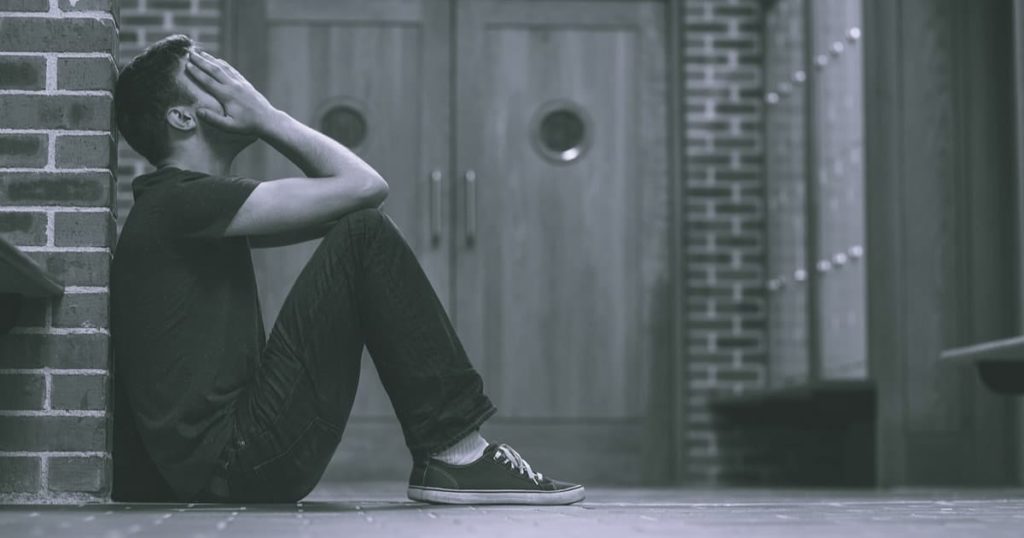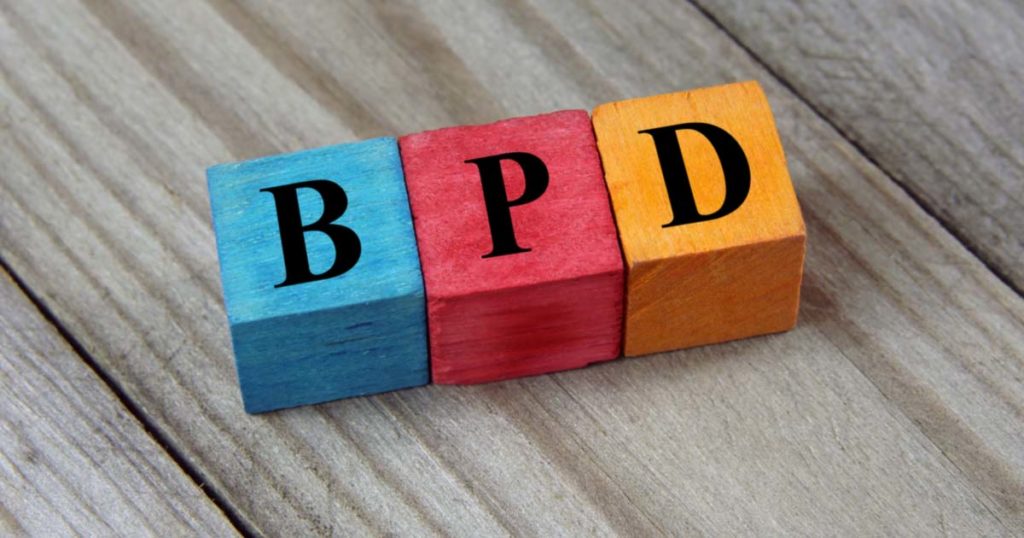Feeling down or blue is a normal part of life, but sometimes, these feelings can become overwhelming and persist for longer periods. This condition, known as situational depression, can significantly impact your daily life and well-being.
Unlike other types of depression, situational depression is triggered by specific events or situations. Understanding how to manage and cope with it is essential for maintaining your mental and emotional health.
Many find relief and support through a comprehensive depression treatment program. Exploring situational depression, its symptoms, and effective strategies for managing it can help you overcome this condition and improve your overall quality of life.
Symptoms of Situational Depression
Situational depression, also known as adjustment disorder with depressed mood, occurs in response to a specific stressor or life event. These events can include losing a loved one, divorce, job loss, or any significant change or stress in one’s life. Unlike other types of depression, situational depression typically resolves once the person adapts to the new circumstances.
Recognizing the symptoms of situational depression is the first step in addressing it. Common symptoms include:
- Persistent sadness or feelings of hopelessness
- Frequent crying
- Anxiety and worry
- Difficulty sleeping or changes in sleep patterns
- Loss of interest in activities once enjoyed
- Withdrawal from social interactions
- Difficulty concentrating
If you notice these symptoms persisting for over a few weeks, it may be time to seek help.
Types of Depression
To understand situational depression better, it’s helpful to know about the different types of depression. Depression can manifest in various forms, including:
- Major depressive disorder (MDD) – This type involves persistent and intense feelings of sadness that last for an extended period.
- Persistent depressive disorder (PDD) – Also known as dysthymia, this form of depression is chronic, lasting for at least two years, but with less severe symptoms than MDD.
- Bipolar disorder – This type includes episodes of depression as well as episodes of mania or extreme highs.
- Seasonal affective disorder (SAD) – This type is related to changes in seasons, typically occurring in the winter months.
- Postpartum depression – This type occurs after childbirth and includes intense sadness, anxiety, and exhaustion.
Each type of depression has its unique characteristics and requires different approaches to treatment.
Coping Strategies for Situational Depression
Dealing with situational depression involves several strategies that can help you manage and alleviate symptoms. Here are some effective approaches:
- Identify the stressor – Understanding what has triggered your situational depression is crucial. Identifying the root cause can help you address it directly.
- Seek support – Talking to friends, family, or a professional can provide emotional support and a sense of connection. Group therapy and individual therapy sessions can offer a safe space to express your feelings and gain insights into your situation.
- Engage in physical activity – Exercise is a powerful tool for combating depression. Physical activity releases endorphins, which are natural mood lifters.
Keeping a regular routine can provide a sense of normalcy and control. Try to maintain regular sleep patterns, eat a balanced diet, and set small, manageable goals for each day.
When to Seek Professional Help
If your symptoms persist despite trying self-help strategies, it may be time to seek professional help. A depression treatment program can provide comprehensive support tailored to your needs. At The Ranch, we offer a range of services designed to help you navigate and overcome situational depression.
Call The Ranch Today to Begin Our Depression Treatment Program
If you are experiencing situational depression and need support, contact The Ranch today. Our experienced team is here to help you find the path to recovery. Visit our website or call us at 1.844.876.7680 to learn more about our programs and services. Let us help you regain control of your life and achieve lasting well-being.




